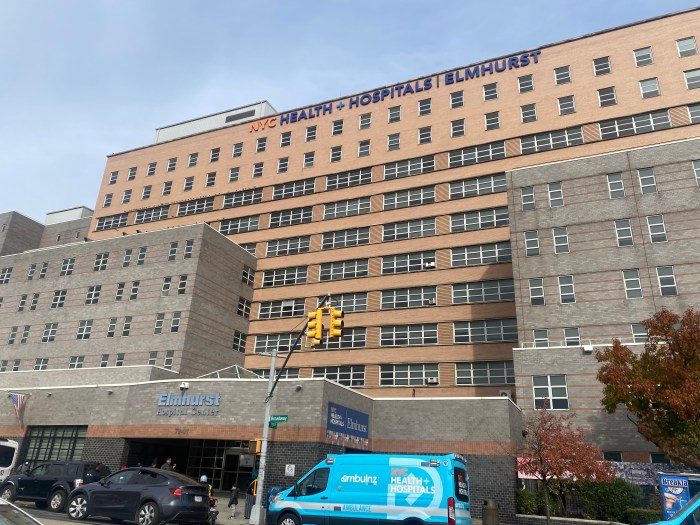When one loses a beloved spouse, it is always devastating. It is especially so when the death occurs at a young age.
Whether by accident, from illness or because of warfare, becoming widowed early in life presents special challenges to the bereaved. Nearly 500,000 American men and women share the burden of being widowed young – before the age of 45.
Victor M. Parachin, a minister and National Funeral Directors Association grief educator, writes extensively on all aspects of grief. Here are some of his thoughts about what can happen when widowhood comes early:
Feelings of shock and numbness are common
The hardest time comes after the funeral. A massive amount of support is generated in the first few days and weeks after a death. The hardest time for young widows comes in the third and fourth months when concern expressed by family and friends has eased. Young widows report that keeping busy by returning to work or volunteering more of their time is helpful during this period.
Having children can be a blessing. Because they need love, nurture and attention, grieving mothers and fathers are naturally provided with ways to invest their energy and temporarily distract them from their own grief. However, children can complicate a young widow’s grieving because he or she must help the children cope with the loss of the other parent at a time of emotional devastation. Some hospice organizations offer a special program “Wave Riders” which provides unique support to help bereaved children.
Young widows have no peer group. When a man or woman is 60, 70 or 80, he or she generally has friends who have lost a wife or husband. Consequently, older men and women have opportunities to view how grief affects their friends and have time to think about how they would cope if they were widowed. Younger widows however, do not have such peer groups and are less prepared emotionally and practically.
Support groups are vital. Because there is a lack of peer support for younger widows in our culture, counselors strongly suggest that a young widow seek and join a grief support group as soon as possible. Your neighborhood funeral director can be a valuable resource to suggest the names of local support groups or grief counselors.
Unique problems plague younger widows. One issue is the daily challenge of single parenthood and raising children without a father or mother. Women may experience added financial pressure because a major income source often disappears after the death of a husband. Men must replace the parenting and household duties that had been provided by the wife. Young parents may want to consider term life insurance policies for both to protect their families from financial disaster if either parent dies at a young age.
Keep it simple and keep it the same. Maintaining familiar routines can be a source of comfort for the widow and children.
As for re-entering the social scene after the death of a spouse, Parachin would like to add that it is important to do what feels best for your particular situation. Some young widows choose to date again and remarry. Others have no interest in establishing a new family unit. Nevertheless, whatever course is taken, remember to defer drastic changes in your lifestyle and seek out grief counselors for the advice and comfort needed at this difficult time.
Reprinted with the permission of the New York State Funeral Directors Association.



































